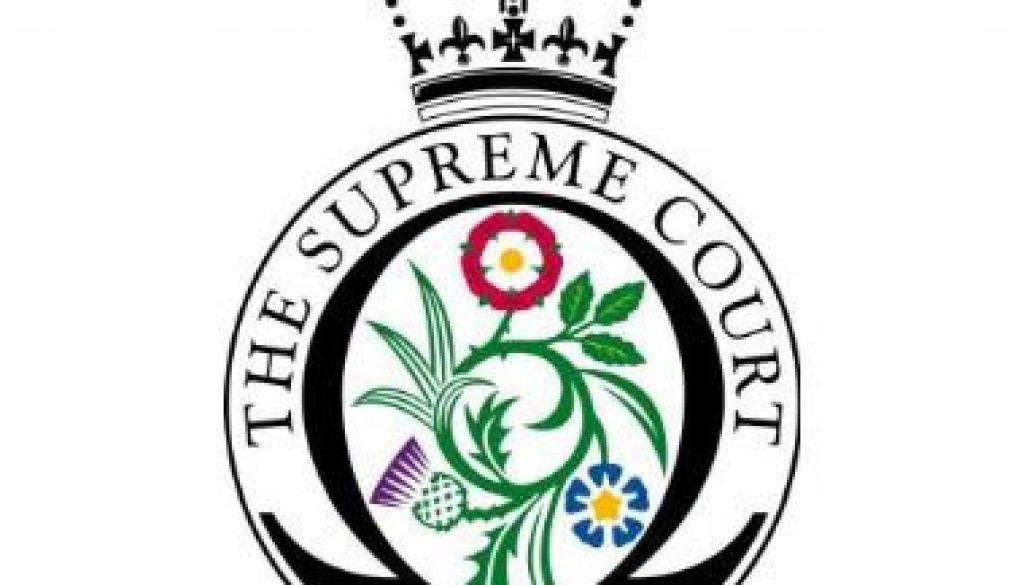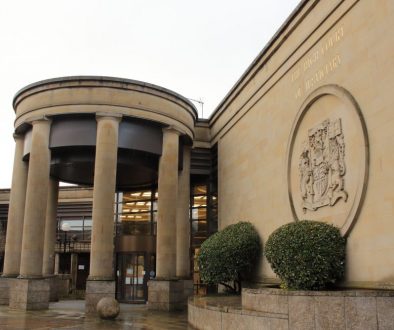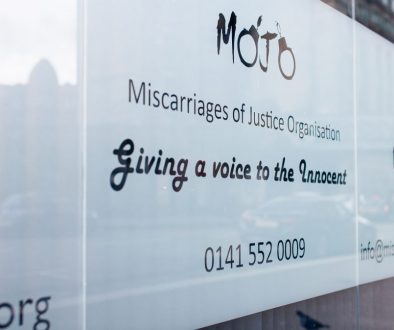Still Not Innocent Enough
In recent articles published on this website we have voiced our deep concern at the lack, in our everyday reality, of a robust and meaningful presumption of innocence. Founded in the bitter life experience of those whom we support, our belief is that this supposed first principle of our criminal justice system is a charade. We have made no secret of the reasons underlying this belief, particularly in the context of those who have been exonerated. These are examined in our earlier articles and need not be rehearsed here. A decision of the UK Supreme Court published today (30 July) serves, however, to demonstrate how deeply this problem is embedded in the fabric of our law.
The question for the court in R (on the application of AR) v Chief Constable of Greater Manchester Police and Another, was the legality of an Enhanced Criminal Record Certificate (“ECRC”) issued in respect of the appellant (AR). The certificate gave details of a criminal charge for which he had been tried and acquitted. AR argued that the disclosure of what was no more than an allegation, in respect of which he had been acquitted at trial, was so prejudicial as to prevent him from being fairly considered for employment.
The Greater Manchester Police official who had deemed it appropriate to include the allegation on the ECRC justified her decision thus:
there was sufficient evidence for the CPS to authorise the applicant being charged with rape, indicating that they believed there to be a realistic prospect of conviction. If the CPS had not believed the allegation, they would not have authorised the charge. This indicates that on the balance of probabilities the allegation was more likely to be true than false.
Although the applicant was found not guilty by the jury, the test for criminal conviction is beyond all reasonable doubt, which is higher than that required for CRB (Criminal Records Bureau) disclosure purposes. Therefore the applicant’s acquittal does not prove that he was innocent, or even that the jury thought he was innocent, just that he could not be proved guilty beyond all reasonable doubt…
The officer summarised her justification for the inclusion of the allegation on the basis that “the information might be true”.
To cut a rather long story a little shorter, the Supreme Court upheld an earlier ruling of the Court of Appeal, that the ECRC did not breach the appellant’s legitimate rights in including details of the allegation against him. Significantly, it held that while asking whether the allegation was “more likely to be true than false” was not a proper test, a judgement that an allegation “might be true” was sufficient in law.
We take no issue with the court’s interpretation of the law. Our problem is with the law itself. An allegation which “might be true” is enough, in law, to rescind your presumption of innocence, and to render you incapable of securing a living. And much more besides. Even when that allegation has been rejected by a jury. That simply cannot be squared with a presumption of innocence that means anything at all, however you look at it.
The full UKSC judgement can be read HERE



